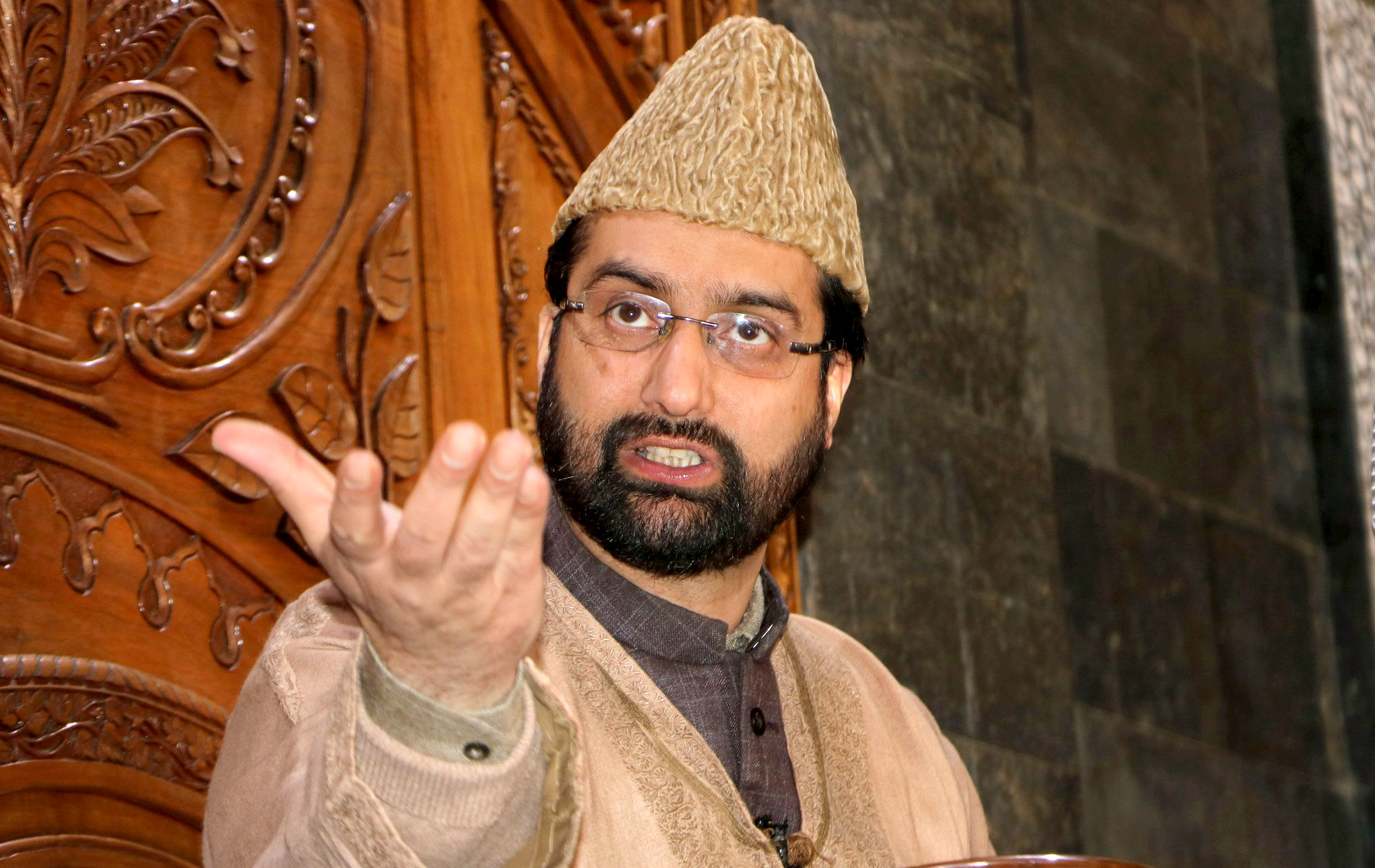 Early Times Report Early Times Report
Jammu, Jan 24: The political landscape of Jammu and Kashmir witnessed a significant development as Mirwaiz Umar Farooq, the prominent separatist leader and head of the Hurriyat Conference, appeared before the Joint Parliamentary Committee on the Waqf Board.
This moment is being hailed as a historic milestone, symbolizing a shift in the separatist leadership’s approach toward India’s democratic institutions and processes.
For decades, separatist leaders in Jammu and Kashmir have been vocal in their criticism of Indian democracy, often portraying it as “illegitimate”.
The appearance of Mirwaiz Umar Farooq before a parliamentary committee, however, marks the first time a separatist leader has engaged directly with an Indian constitutional body. This significant gesture has not only surprised many but also opened avenues for broader political dialogue and integration.
The BJP leadership has seized upon this development to emphasize its importance. Senior leaders have noted that Mirwaiz Umar Farooq’s participation in the proceedings is an implicit acknowledgment of the Indian democratic system. They have described this as a major step toward bridging the Mirwaiz appearing before the Joint Parliamentary Committee on the Waqf Board symbolizes a shift in approach.
The appearance of Mirwaiz before a parliamentary committee marks the first time a separatist leader has engaged directly with a constitutional body.
This significant gesture has not only surprised many but also opened avenues for broader political dialogue and integration.
The BJP leaders have noted that Mirwaiz's participation in the proceedings is an implicit acknowledgment of the Indian democratic system.
According to BJP leaders, the event is a testament to the government’s consistent efforts to normalize the situation in Jammu and Kashmir and promote political inclusivity.
Mirwaiz Umar Farooq’s appearance is particularly significant as it aligns with the broader narrative of integrating Jammu and Kashmir with the rest of the country. Over the years, separatist leaders have been accused of discrediting the Indian Parliament and its role in shaping the region’s future.
This development challenges that perception and could pave the way for a more constructive dialogue between the separatist leadership and the Indian government. The ruling BJP has called the event a turning point in the region’s political history. Party leaders have highlighted that it reflects the gradual but significant transformation in the political environment of Jammu and Kashmir. They view it as a vindication of their policies, particularly after the abrogation of Article 370 in 2019, which was aimed at fostering greater integration of the region with the rest of India. | 